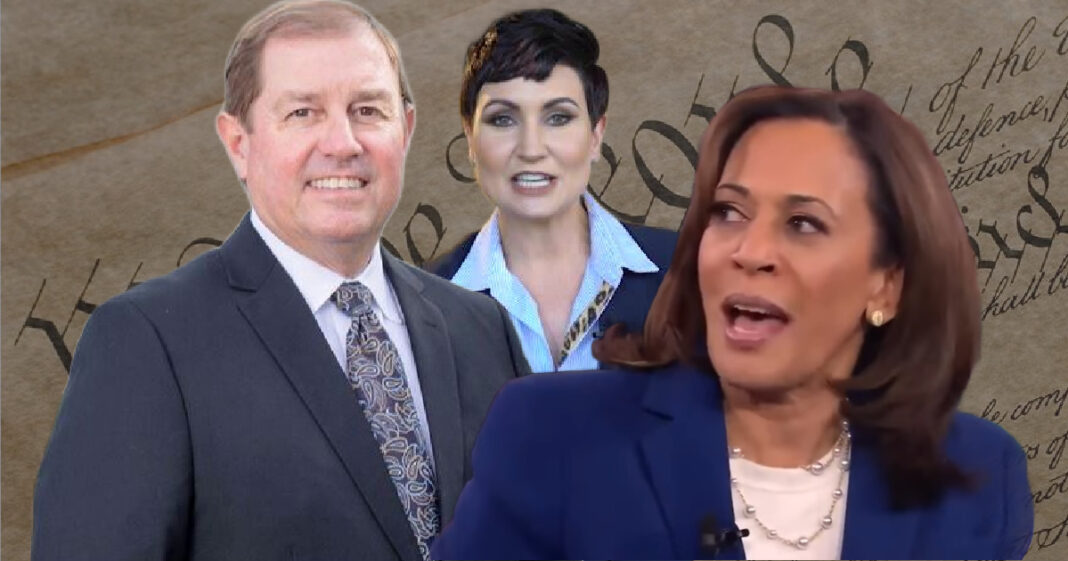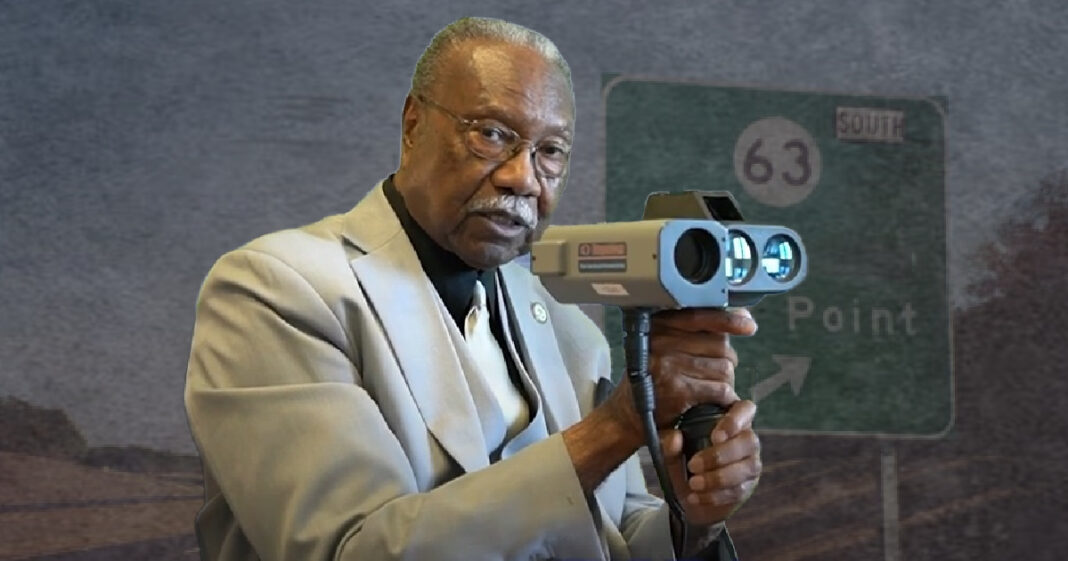Gulf Coast Politicians Face Scrutiny Over Attempts to Curtail Online Criticism
MISSISSIPPI GULF COAST — Not long ago, Kamala Harris sparked controversy when she called for increased oversight of social media, stating, “They are directly speaking to millions and millions of people without any level of oversight or regulation, and that has to stop.” This statement, seen by many as an unconstitutional and draconian stance, was heavily criticized for its potential to infringe on free speech. Yet, years later, some Mississippi Gulf Coast politicians are now facing scrutiny for their own efforts to limit online discourse, raising questions about free speech in local governance.
Ocean Springs Mayor Says ‘Step Back’
Ocean Springs Mayor Kenny Holloway recently expressed frustration of the growing number of complaints and negativity appearing online, especially when it comes to his administration. In a recent opinion piece published in the Ocean Springs Weekly Record, Holloway suggested residents “step back from the keyboard” and use Facebook for more positive things, like “keeping up with friends” or “sharing pictures of grandbabies.” The article drew mixed reactions from the public, with some in total agreeance and others feeling as he was encouraging less government discourse, a right protected by the First Amendment.
Some residents of Ocean Springs have voiced concerns that Holloway’s call for people to step away from social media could discourage transparency. One local posted in response, “This is my takeaway: He said, ‘shut up, sit back, and let us good ole boys develop and make money.’” Others noted that social media had been instrumental in bringing attention to controversial city development plans.
This isn’t the first time Holloway has expressed concern about citizens having the ability to speak their voices. In a 2023 interview with SuperTalk’s Ricky Matthews, Holloway described smartphones and their ability to amplify criticism as “a scary tool.” His comments, referencing opposition to development plans as rooted in a “not in my backyard” mentality, reflect his personal frustration with how quickly citizens can mobilize online to voice their discontent.
Biloxi Reacts to ‘Unconstitutional’ Remarks
In neighboring Biloxi, City Councilwoman Dixie Newman has faced similar controversy. Newman recently proposed a 10pm walking curfew near the shuttered Beauvoir Elementary School to address homelessness and crime. When her proposal sparked online debate, she went further by stating on Facebook, “Only people that live in this area in question should be able to comment.” Critics quickly pointed out that limiting public discourse in such a manner not only stifles debate but also infringes on broader democratic principles.
This local trend is part of a larger national issue. In New Jersey, the ACLU has been closely watching cases where public officials block or delete critical comments on their social media pages. Courts have repeatedly ruled that when politicians use social media in an official capacity, they cannot censor individuals based on viewpoint, as it violates First Amendment protections. For example, officials who use social media to communicate government policy cannot block users for disagreeing with their views.
Similar debates are playing out across the country, with states like Florida and Texas introducing laws that shape how social media platforms moderate content. While some politicians, including those from both parties, have attempted to influence the type of speech allowed online, courts continue to defend free speech rights in these cases. Federal courts have ruled that some politicians violated the First Amendment when they blocked users on platforms like Twitter, which is since been formally renamed X.
Biloxi’s Newman faces criticism for attempting to limit the voices of those who do not live in the specific areas affected by her policies. This growing trend among local politicians, echoing Harris’s earlier concerns about the reach of social media, raises alarms for those who believe that such actions run counter to the principles of free speech. Newman’s attempt to limit who can share their views points to a deeper pattern where officials try to steer the conversation and avoid pushback on divisive issues.
Overshadowing the Good
As local leaders, like Holloway and Newman, navigate the challenges of governing in the digital age, their attempts to limit public discourse risk overshadowing any positive work they may be doing for their communities. By focusing on controlling the conversation rather than engaging with critics, they may alienate the very constituents they seek to serve, ultimately undermining their own efforts to bring about meaningful change.


